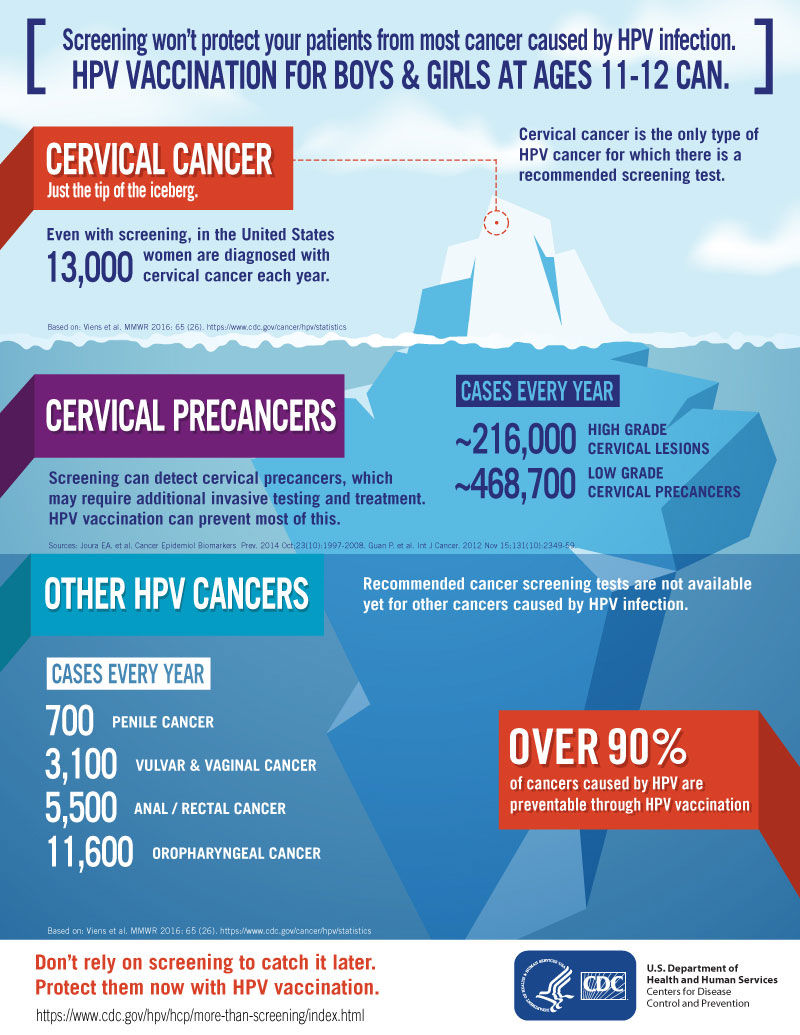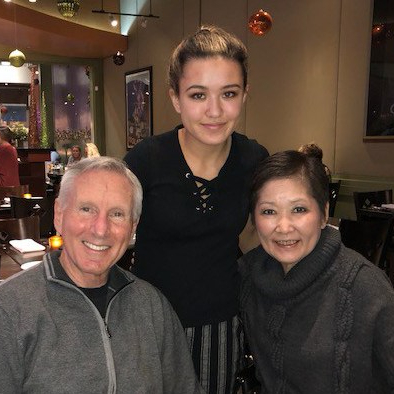Guest post by Allyson Rosenblum
In honor of National Cancer Prevention Month, Allyson Rosenblum shares how she’s rallying teens across the U.S. to prevent cancers caused by the human papillomavirus (HPV).
My name is Allyson. I’m a 17-year-old high school student from Southern California. At 17, I’ve already seen two of my closest family members devastated by cancer.
In October of last year, my mother was diagnosed with ovarian cancer and had to undergo a hysterectomy (the removal of her uterus). She had three surgeries and months of chemotherapy, and each day I witnessed her painful, difficult battle. Two months after my mother’s diagnosis, I learned that my 30-year-old cousin had been diagnosed with HPV-related cervical cancer. Her cancer was the result of an HPV virus that she had acquired as a teenager. Because of her cancer, she learned that she and her husband would be unable to have children.
Initially, I was angry. Seeing cancer destroy two of my loved ones was one of the hardest things I have had to endure. Knowing that HPV—a preventable infection—was the culprit of my cousin’s cancer made me even more upset. Eventually my frustration and anger turned into drive and I decided I needed to try to make a difference—to take action so others might not suffer as my family did.
I started researching. I learned about HPV and the way that it causes cancer—and not just cervical cancer, but oral, anal, penile, and vaginal cancers too. I learned that while HPV infections typically disappear, sometimes they don’t and they cause pre-cancer and then cancer. In fact, 31,500 new cases of HPV-associated cancer are diagnosed each year—and that’s just in the U.S. I learned that, even though there is a vaccine to prevent HPV (that’s existed for over 10 years). It protects against 9 strains of HPV, two of which (HPV 16 and HPV 18) cause over 70% of cervical cancers. And I learned that, sadly, less than 50 percent of adolescents are up-to-date on HPV vaccination in the U.S. In 2016 the up-to-date rate for girls was 49.5 percent and for boys it was 37.5 percent.
These figures astounded me. There is a vaccine to prevent cancer, so why aren’t more people getting it? This revelation led me to commit to educating other teens about the importance of getting vaccinated against HPV to protect themselves from acquiring strains of the HPV virus linked to cancer.
With this goal in mind, I decided to start a social engagement campaign. It’s called Two Shots to Beat Cancer. My goal is to enlist high school and college students throughout the U.S. to share information with their peers through Facebook and Instagram about the importance of early HPV vaccination. The CDC recommends that all 11- and 12-year-old kids start the two-shot series. And for teens and young adults who aren’t up to date, it’s not too late to get the vaccine.
I started my campaign Jan. 1, 2018 and, so far, I have enlisted 1,807 students in all 50 states to join me. With an average of 600 followers per student, we have the potential to reach almost 1,084,200 students.

Source: Centers for Disease Control and Prevention (CDC)
There are approximately 14 million new people acquiring HPV in the U.S. each year. Though HPV is primarily spread through intimate (often sexual) contact, HPV vaccination is not about sex (and getting vaccinated is not a license for kids to become sexually active). HPV vaccination is about early prevention of the complications that HPV can cause later in life. With the vaccine, young adults can avoid acquiring and passing on strains of the HPV virus linked to cancer.
Some kids my age don’t make their health a priority, perhaps because most health issues at this stage of life involve preventative measures and might not affect us for years. For instance, it takes an average of 20 to 25 years for a new HPV infection to cause cervical cancer. High school and college students might think that HPV isn’t a big deal—maybe because approximately 75 to 80 percent of adults will acquire HPV before age 50, or because an infection won’t lead to pre-cancer for years into their future. But HPV and the HPV-related cancer they could acquire in the future are preventable now, while students my age are still eligible to receive the vaccine.
If you could protect someone from the devastation of cancer simply by giving them information about a vaccine that could prevent it, would you? What if it was someone you knew or cared about, would you do it then?
Not all cancers are preventable. My mother’s ovarian cancer wasn’t. But we do have the power to prevent several types of cancer with two simple shots. If the HPV vaccine had existed when my cousin was growing up, maybe she never would have gotten cancer.
If you know a student (or if you are one), please encourage them to join our campaign at twoshotstobeatcancer.org. By posting to social media and sending letters to politicians, newspapers and school board administrators, we can make a difference and help to stop the spread of HPV.
HPV-related cancers are preventable. And it only takes Two Shots to Beat Cancer.

